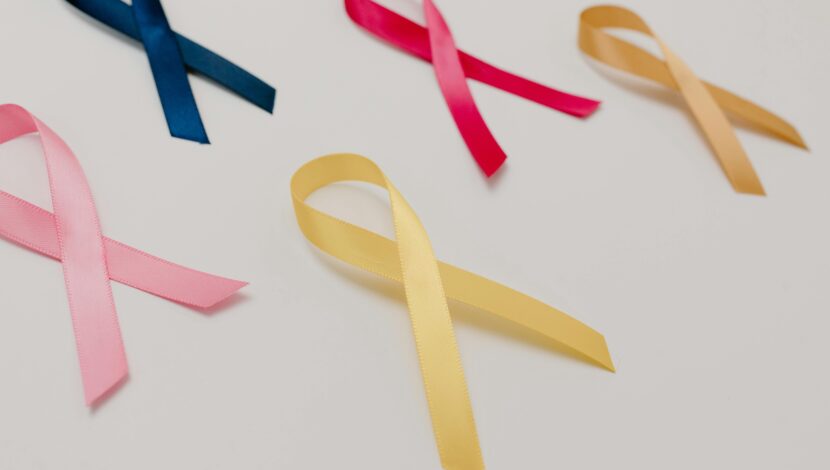January is Cervical Cancer Awareness Month, and we’re here to help you stay healthy and prevent cervical cancer. There are two important tests you should know about—the HPV test (Human Papillomavirus) and the Pap test (Pap smear).
Here’s an easy guide to help you understand them.
The HPV Test and Pap Test: What They Check
- The HPV test looks for a virus that can change cervical cells.
- The Pap test checks for early cell changes in the cervix that might turn into cancer.
Both tests happen at your provider’s office. The doctor or nurse uses a tool to collect a few cells, which are sent to a lab for a closer look.
Understanding Cervical Precancer
Sometimes, cells look a bit odd but aren’t cancer yet. This is called cervical precancer. The Pap test can find these changes before they become a problem.
When to Get Checked
- Ages 21 to 29: Start Pap tests at 21. If everything looks good, you can wait three years for the next test.
- Ages 30 to 65: You have choices—HPV test only, both HPV and Pap tests, or Pap test only. If the results are normal, wait five years for the next test.
- Ages Over 65: You might not need screening if certain conditions are met.
Getting Ready for Your Test
- HPV Test: No special preparation needed.
- Pap Test: Avoid intercourse, douching, or using vaginal medicines for two days before the test. Don’t worry if you have your period.
Understanding Test Results
- Results take about three weeks.
- Abnormal results don’t always mean cancer. Your doctor or nurse will guide you on what to do next.
Stay Informed and Protected
- Be sure to schedule regular check-ups to stay informed about your health.
- Follow your provider’s advice for getting screened at the right times.
- Finding and treating problems early can prevent cervical cancer.
Remember, your provider is there to help you understand everything. Keep yourself informed, take care of your health, and get the screenings you need regularly. To schedule an appointment and get screened at Henry J. Austin Health Center, call 609-278-5900.
Source: What Should I Know About Cervical Cancer Screening? | CDC




